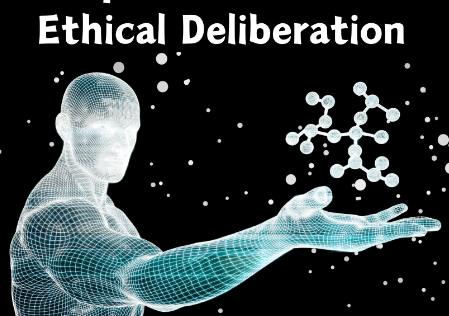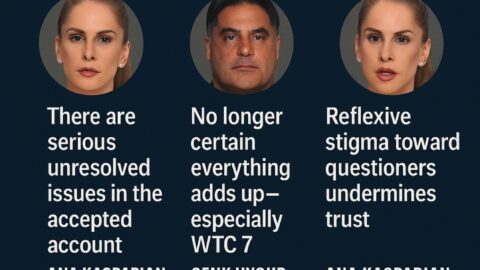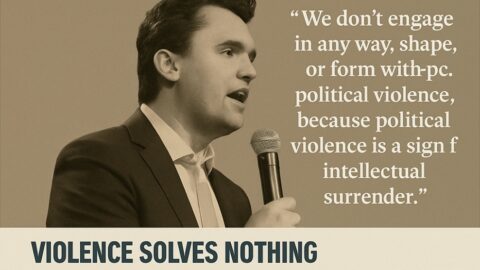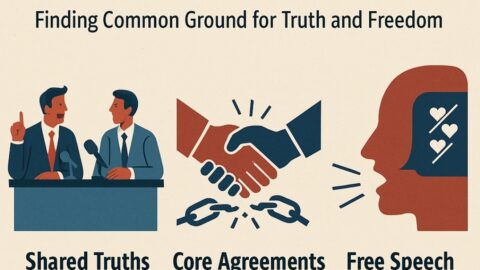How to use a set of principles mentally, physically, emotionally, and physically to check and evaluate choices to make sure we don’t break those principles.
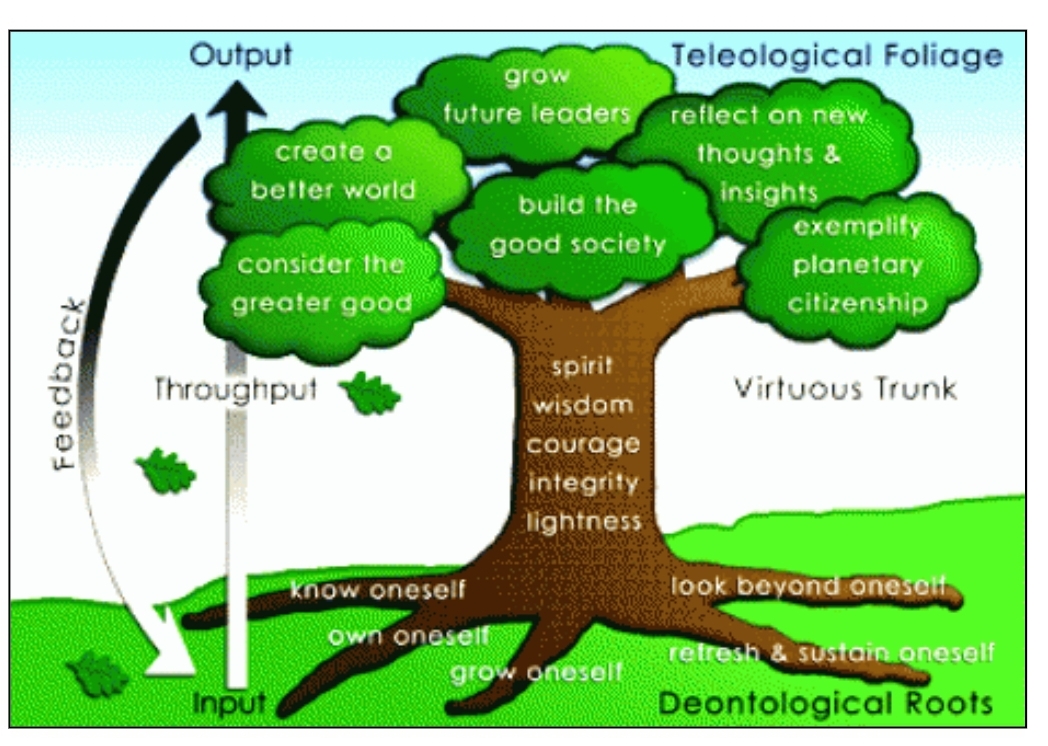
(1)
What is being described is often referred to as ethical or moral self-examination or ethical reflection. It involves using a set of ethical principles, such as the Ten Commandments and the Original intent of the US Constitution as a framework to evaluate one’s thoughts, actions, and decisions across various dimensions: mentally (in terms of thoughts and intentions), physically (in terms of actions and behaviors), emotionally (in terms of feelings and empathy), and spiritually (in terms of one’s values and beliefs).
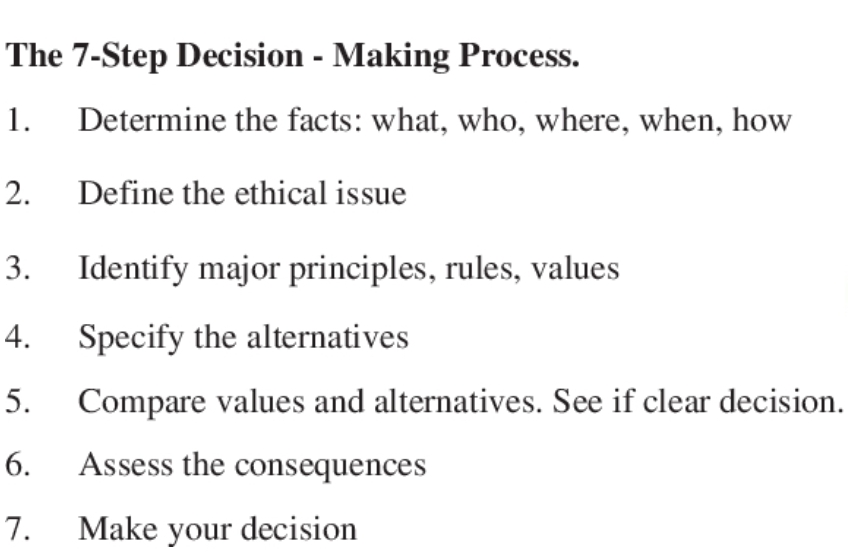
This approach encourages individuals to reflect on whether their choices align with ethical standards or principles they hold dear, such as those found in religious or philosophical teachings like the Ten Commandments and the US Constitution. By systematically assessing decisions against these moral guidelines, individuals aim to make more conscientious choices and avoid actions that would violate their ethical beliefs.
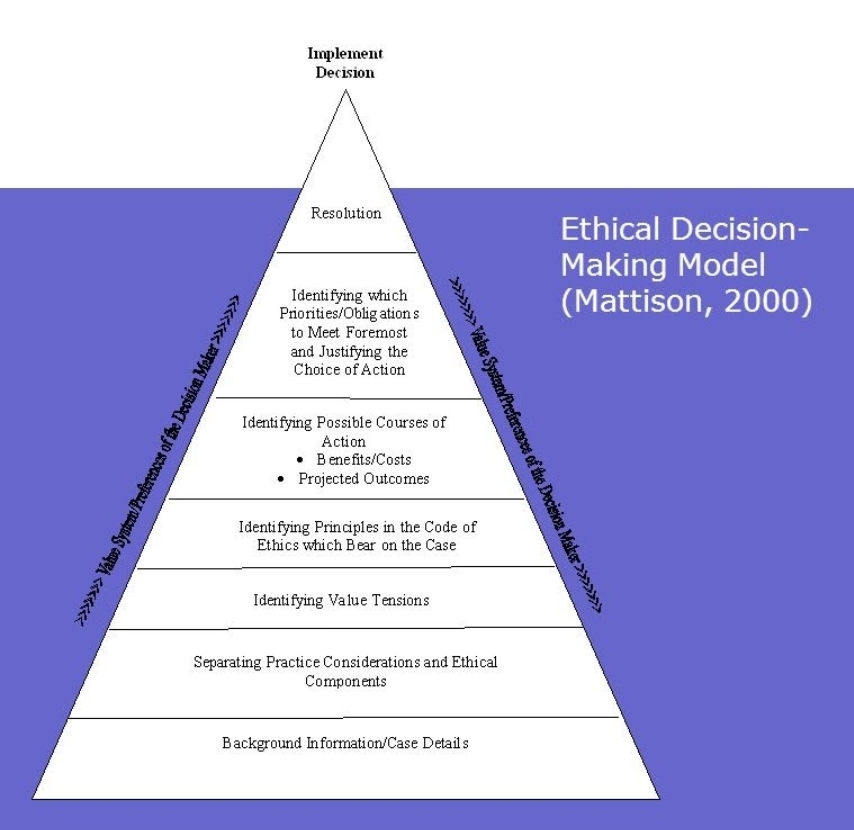
When a society or culture engages in ethical or moral reflection collectively, it is often referred to as moral or ethical deliberation or communal ethical reflection. In a broader sense, this process can also be part of what is called civic virtue, public morality, or social ethics. These terms describe the practice of a community, society, or nation coming together to reflect on shared moral values, ethics, and principles to guide collective behavior, laws, policies, and social norms.
- Moral Deliberation: This refers to the process where members of society, often through public discourse, political debate, or cultural reflection, discuss and reflect upon moral or ethical issues to determine what is right or wrong for the collective.
- Civic Virtue: This concept highlights the importance of citizens upholding ethical standards and promoting the common good, often through engagement in political and social issues in a way that reflects moral responsibility.
- Public Morality: Refers to the ethical standards or moral norms that are expected to be upheld by the members of society, often enforced through law, social customs, and collective reflection.
- Social Ethics: This is the study and practice of how a society or collective group applies ethical principles to social policies, institutions, and behaviors to create a just and fair society.
In all of these, the collective moral reflection is about ensuring that societal decisions, policies, and cultural norms align with ethical standards, promoting the common good and protecting individual rights and dignity.

